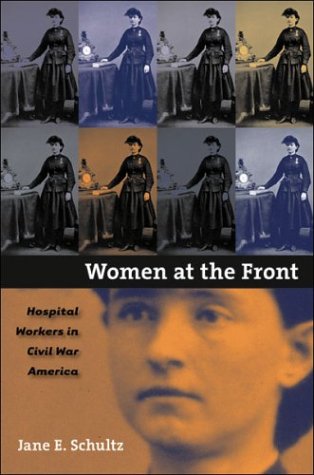

Most ebook files are in PDF format, so you can easily read them using various software such as Foxit Reader or directly on the Google Chrome browser.
Some ebook files are released by publishers in other formats such as .awz, .mobi, .epub, .fb2, etc. You may need to install specific software to read these formats on mobile/PC, such as Calibre.
Please read the tutorial at this link: https://ebookbell.com/faq
We offer FREE conversion to the popular formats you request; however, this may take some time. Therefore, right after payment, please email us, and we will try to provide the service as quickly as possible.
For some exceptional file formats or broken links (if any), please refrain from opening any disputes. Instead, email us first, and we will try to assist within a maximum of 6 hours.
EbookBell Team

4.7
106 reviewsSchultz uses government records, private manuscripts, and published sources by and about women hospital workers, some of whom are familiar--such as Dorothea Dix, Clara Barton, Louisa May Alcott, and Sojourner Truth--but most of whom are not well-known. Examining the lives and legacies of these women, Schultz considers who they were, how they became involved in wartime hospital work, how they adjusted to it, and how they challenged it. She demonstrates that class, race, and gender roles linked female workers with soldiers, both black and white, but became sites of conflict between the women and doctors and even among themselves.
Schultz also explores the women's postwar lives--their professional and domestic choices, their pursuit of pensions, and their memorials to the war in published narratives. Surprisingly few parlayed their war experience into postwar medical work, and their extremely varied postwar experiences, Schultz argues, defy any simple narrative of pre-professionalism, triumphalism, or conciliation.